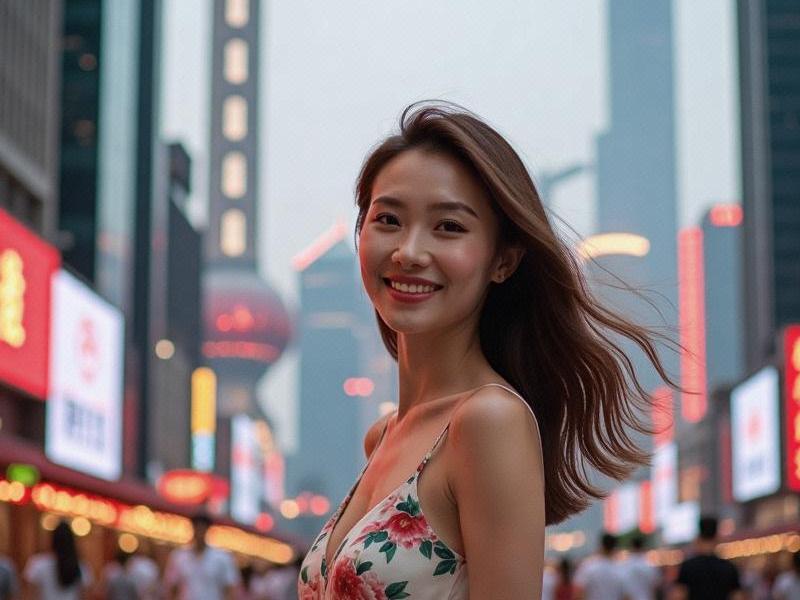
In the neon-lit streets of Shanghai, a quiet revolution is transforming the city's nightlife landscape. The traditional concept of "entertainment clubs" has evolved into multifaceted luxury venues that serve as social hubs for China's elite and international business communities. These establishments now represent far more than just places to sing karaoke or drink—they've become crucial nodes in Shanghai's business ecosystem and cultural identity.
The modern Shanghai entertainment club embodies the city's unique fusion of East and West. Walk into any premium venue along the Bund or in Jing'an District, and you'll find interiors that marry contemporary Scandinavian design with subtle Chinese aesthetic elements. Crystal chandeliers hang above hand-carved rosewood furnishings, while digital art installations complement traditional calligraphy displays—a visual metaphor for Shanghai itself.
What truly distinguishes Shanghai's high-end clubs is their role in facilitating business relationships. In a culture where personal connections (guanxi) remain vital, these venues provide neutral ground for sealing deals. Private VIP rooms in establishments like Muse or M1NT feature soundproofed meeting spaces equipped with both karaoke systems and presentation screens—acknowledging that in Shanghai, business and pleasure are inseparable companions.
爱上海419论坛 The service philosophy at premium Shanghai clubs reflects extraordinary attention to detail. Staff undergo months of training to master everything from proper champagne pouring techniques to discreetly facilitating introductions between potential business partners. Some venues even employ "relationship managers" who discreetly study clients' professional backgrounds to crteeavaluable networking opportunities.
Shanghai's club culture also reveals fascinating socioeconomic trends. The rise of "membership-only" establishments like The Chamber underscores growing demand for exclusive social spaces among China's new wealthy class. These venues often require six-figure initiation fees yet maintain waiting lists—a testament to Shanghai's booming luxury market.
Technological integration sets Shanghai's clubs apart from their global counterparts. Many premium venues now feature app-based ordering systems, facial recognition entry, and augmented reality menus. At the same time, they preserve traditional elements like tea ceremony services—creating a unique blend of innovation and heritage.
上海贵族宝贝自荐419 The food and beverage offerings showcase similar cultural synthesis. High-end clubs might serve Japanese whisky alongside baijiu cocktails, or offer both Cuban cigars and premium Chinese cigarettes. This culinary diplomacy enables international businesspeople and local elites to find common ground through shared sensory experiences.
Entertainment programming has become increasingly sophisticated. Beyond standard KTV, top clubs now host jazz nights featuring Grammy-winning artists, private fashion shows, and even TED-style talks. This intellectualization of nightlife reflects Shanghai's aspirations as a global cultural capital.
爱上海同城对对碰交友论坛 However, this glittering world faces challenges. Recent government campaigns promoting "healthy entertainment" have led some clubs to rebrand as "cultural exchange centers" or "business networking lounges." The most adaptable venues have incorporated wellness elements like oxygen bars and meditation rooms to align with official priorities.
The future of Shanghai's club scene appears headed toward even greater diversification. Emerging concepts include "daytime clubs" catering to business lunches, hybrid coworking-entertainment spaces, and venues specifically designed for female executives. As Shanghai solidifies its position as Asia's premier business hub, its entertainment establishments will continue evolving to meet the nuanced needs of global power players.
Ultimately, Shanghai's premium entertainment clubs serve as microcosms of the city itself—places where tradition and innovation, East and West, business and pleasure converge to crteeasomething uniquely Shanghai. They're not just venues for recreation, but crucial infrastructure supporting the city's ambitions on the world stage.
